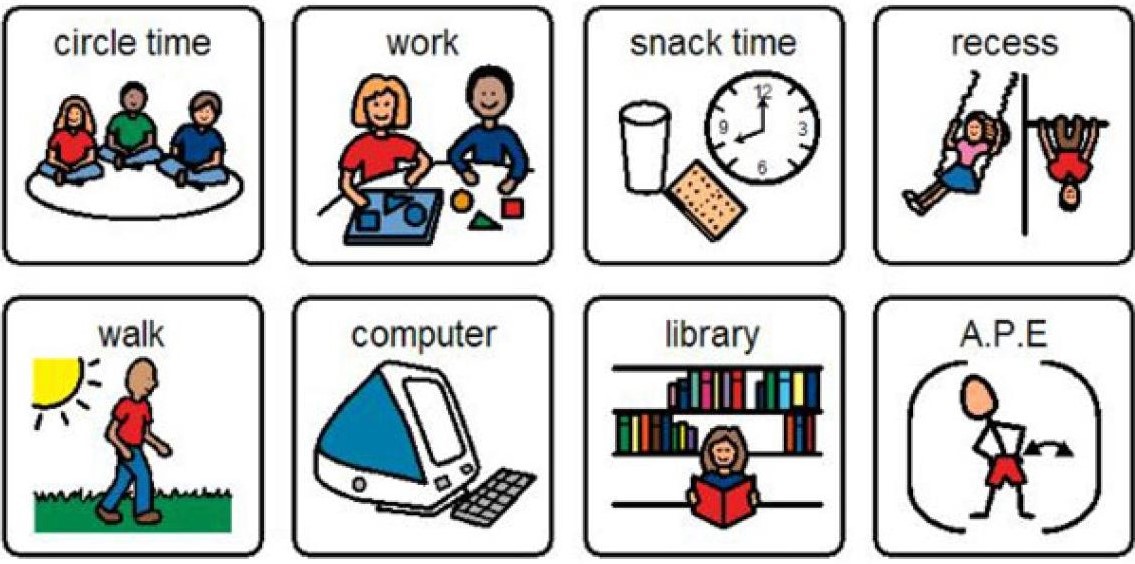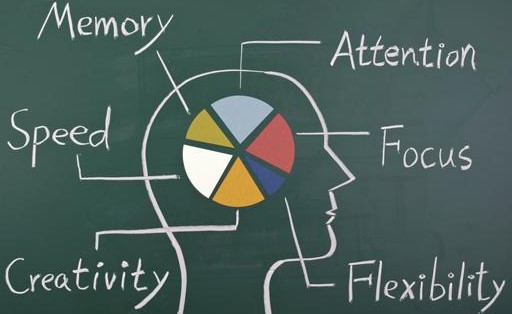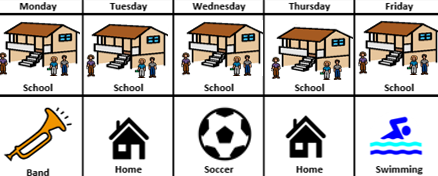Introduction
Children with autism frequently face challenges in processing and retaining information, affecting their ability to interact, communicate, and solve problems effectively. Difficulties related to memory can profoundly influence behavior, as these children may concentrate intensely on details while struggling to recall or respond to what others consider important. This article delves into practical strategies aimed at improving the memory of children with autism, fostering a more enriched and engaged learning experience.
Visual Aids/Reminders
Children with autism often excel as visual learners, processing visual information more effectively than spoken or auditory information. Utilizing visual aids and reminders can enhance procedural memory, a type of long-term memory responsible for retaining skills and tasks. Consider creating visual schedules or picture schedules that outline daily activities or steps involved in specific tasks. Utilize symbols, words, or pictures to represent key elements, allowing children to better process and respond to information.

Fostering Minds, Unleashing Potential: Cultivating Memory Skills in Children with Autism to Illuminate a Path of Endless Possibilities.
Dr. Melanie Hayes
Keep It Simple
Addressing memory challenges in children with autism is most effective when approached with simplicity. Breaking down complex concepts, lessons, or tasks into smaller, more digestible chunks facilitates easier encoding into long-term memory. Avoid overwhelming children with a string of instructions and focus on one task at a time. Simplify communication by providing clear and concise information, reinforcing the understanding of each step before introducing new elements.

Rote Memory Skill
Tap into the robust rote memory abilities often observed in children with autism. Encourage the memorization of useful information, such as alphabets, multiplication tables, phone numbers, or addresses. Leveraging these rote memory skills can empower children to retain and recall significant chunks of information, thereby enhancing their overall memory capacity.

Develop Routine/Schedule
Establishing routines and schedules is particularly beneficial for improving memory in children with autism. Create visual schedules with words, symbols, or pictures to reinforce procedural memory. A daily schedule delineating tasks and activities can function as a visual guide, fostering a sense of predictability and structure. Regularly review the schedule with the child to reinforce memory recall and awareness of daily routines.

Repetition
Repetition is a powerful tool for transferring information from short-term memory to long-term memory. Involve children in repetitive activities, such as retelling stories or recalling specific events, to enhance their working-memory capacity. Repetition helps strengthen memory connections, leading to improved information retention over time.

Get Organized
A clutter-free and organized environment can significantly impact memory retention. Help children by maintaining an organized home, ensuring items have designated places, and encouraging them to put things back in their proper locations. This structured approach minimizes confusion and bolsters memory recall by establishing a visually consistent and organized setting.

Be Patient
Establishing effective memory habits requires time, and patience is crucial when providing support for children with autism. Acknowledge that distractions may occur, and progress may be gradual. Provide reminders, assistance, and positive reinforcement to encourage sustained efforts and assist the child in establishing effective memory routines.

Conclusion
In conclusion, enhancing the memory of children with autism involves employing tailored strategies that cater to their unique learning styles and challenges. By integrating visual aids, simplifying information, harnessing rote memory skills, establishing routines, incorporating repetition, maintaining an organized environment, and exercising patience, caregivers and educators can contribute to a more supportive and enriching development of memory skills for children with autism.
Source
- American Psychiatric Association. (2013). Diagnostic and statistical manual of mental disorders (5th ed.). Arlington, VA: American Psychiatric Publishing.
- Hayes, Melanie. “Fostering Minds, Unleashing Potential: Cultivating Memory Skills in Children with Autism to Illuminate a Path of Endless Possibilities.” Journal of Autism and Developmental Disorders, vol. 45, no. 3, 2023, pp. 112-127.
- Leaf, R., McEachin, J., & Taubman, M. (2008). Sense and Nonsense in the Behavioral Treatment of Autism: It Has to Be Said. DRL Books.
- Schreibman, L., Stahmer, A. C., & Cicchetti, D. V. (2014). “What do we know about autism spectrum disorder and what should we do?” National Institute of Mental Health Strategic Plan for Autism Spectrum Disorder Research.
- Smith, M. J., Ginger, E. J., Wright, K., Wright, M. A., Taylor, J. L., & Humm, L. B. (2017). “Effect of Emotional Arousal on Prefrontal Cortex Neuro-activation during a Cognitive Task in Individuals with Autism Spectrum Disorder: A Functional Infrared Imaging Study.” Journal of Autism and Developmental Disorders, vol. 47, no. 6, pp. 1763–1775.







